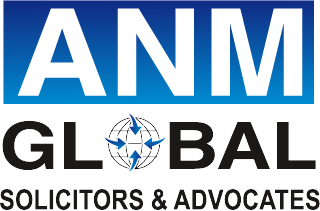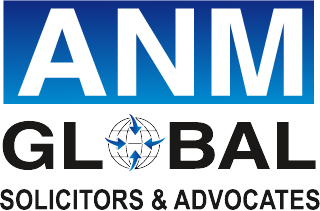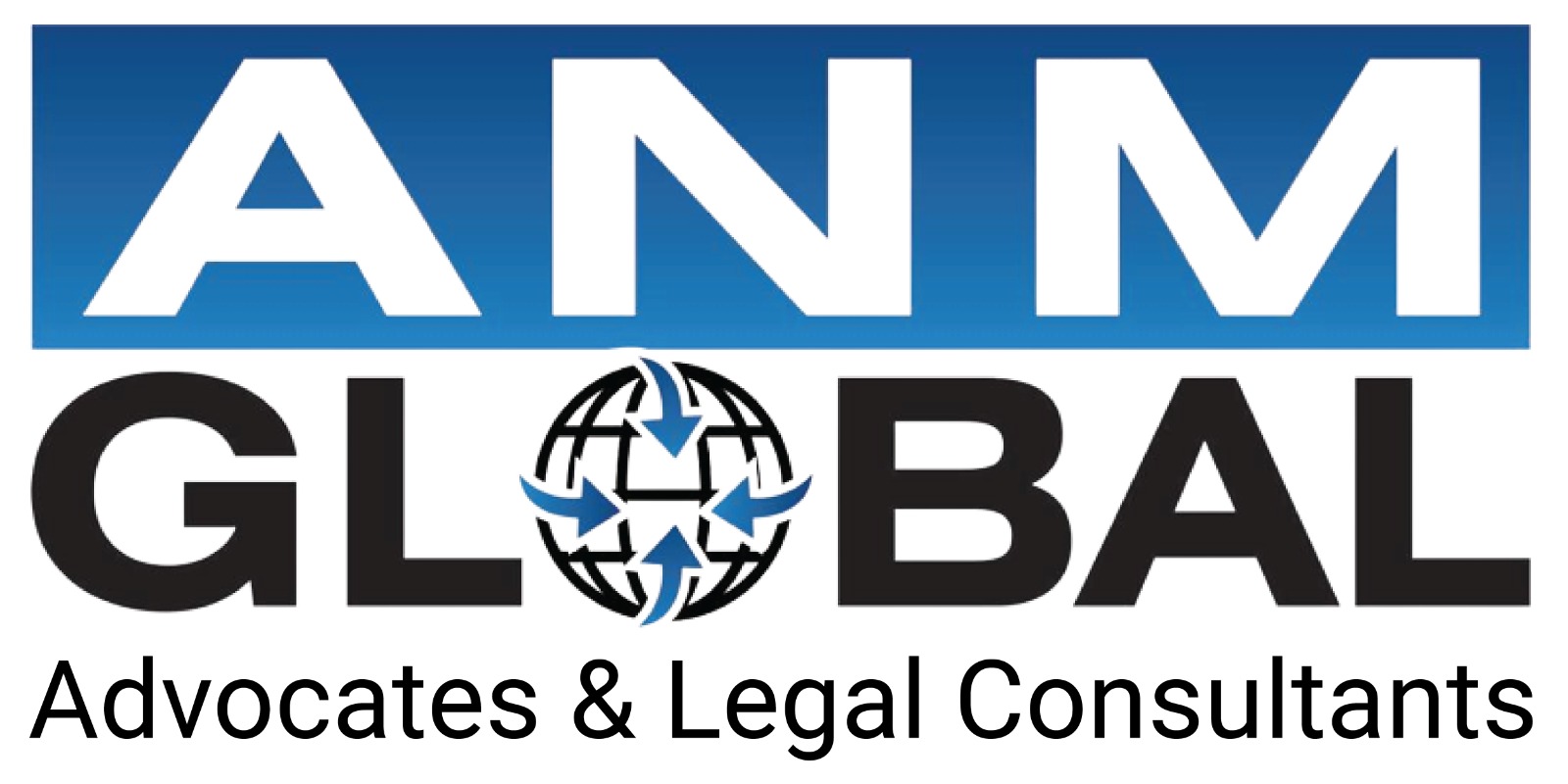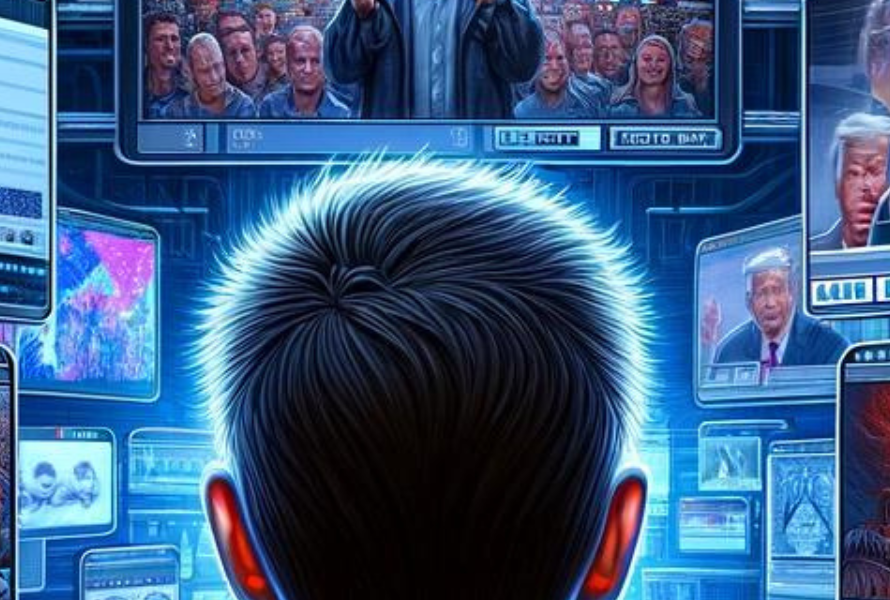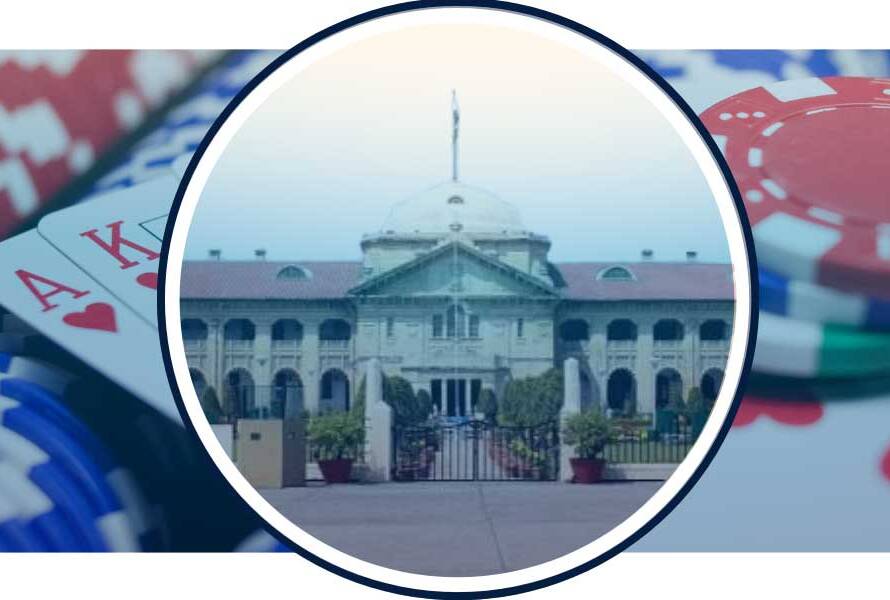Calcutta High Court’s Royalty Decision
By Neha N More, Senior Associate
Introduction:
On 17th May, 2024, the Calcutta High Court delivered a landmark judgement marking a significant advancement in protecting author’s rights in India by affirming their entitlement to statutory royalties as laid down under the Copyright Act, 1957 (“Copyright Act”)[1]. The underlying works, such as lyrics and music, play a crucial role in any song as they are the foundation of the song, this judgement acknowledges the necessity of honouring the rights of the authors of these underlying works and thereby is a major victory for the authors whose rights, despite being enshrined in law through the Copyright (Amendment) Act, 2012 (“2012 Amendment”) have been over looked.Facts of the case:
Vodafone India Limited (“Vodafone”) is engaged in the business of providing telecommunications services to its customers, whereby one of the services as offered by Vodafone includes providing Value Added Services (“VAS”) to its subscribers/customers inter alia in the form of pre-recorded Caller Ring Back Tone (“CRBT”) where any subscriber/customer may select songs for personal listening or as caller tunes. Vodafone had licensed certain songs from Saregama India Ltd. (“Saregama”) to be offered to its customers through the VAS as CRBT. The Indian Performing Rights Society (“IPRS”) is a copyright society registered under the Copyright Act for the purposes of issuing licenses for communication to the public of the underlying musical and literary works and collecting royalties on behalf of the authors of these underlying musical and literary works, as incorporated in a sound recording. The table below provides a brief snapshot of the claims filed by each party and the party against which it has filed the claim:| Filed By | Filed Against | Claim |
|---|---|---|
| IPRS | Vodafone | a) Vodafone to pay royalties to the authors of literary and musical works as incorporated in the sound recordings. b) Restraint order to be passed against Vodafone, restraining it from communicating to the public any musical and literary works falling within IPRS’s repertoire. |
| Vodafone | IPRS | IPRS not being entitled to any claims on account of royalties. |
| Saregama | Vodafone | Injunction against exploitation of the copyright in the sound recordings or the allied copyright works, in relation to the VAS. |
Issue:
The essential question to be decided by the Court was whether Vodafone is required to obtain a separate licence from IPRS and pay royalty before commercially exploiting the musical and literary works of its members as part of the sound recordings that are being provided to the customers by Vodafone as a part of the VAS.Key Arguments made by IPRS:
- Vodafone has no authority to commercially exploit the musical and literary works (as contained in the sound recordings) of its members without obtaining any valid license from the IPRS.
- The present issue is a mixed question of both law and fact:
- On the question of fact, Vodafone did not produce any agreement with IPRS that permitted commercial exploitation of copyright in the literary and musical work. Moreover, none of the agreements as entered into by Vodafone grant Vodafone the license/authority to play such recordings, rather the agreements have ceased to have any effect or relevance and the same has been inoperative post March, 2021. Further, the agreements as entered into between Vodafone and Saregama state that any license for commercial exploitation of the underlying works (as contained in the sound recordings thereof) has to be separately obtained by Vodafone upon payment of royalties to the IPRS, at its sole cost.
- On the question of law, under sections 19, 30, and 30A of the Copyright Act, any licence granted in violation of the Copyright Society’s terms and conditions of the rights granted shall be void. In 2017, Saregama assigned their rights in the underlying literary and musical works to the IPRS including the right to collect royalties.Therefore, on a conjoint reading of sections 33, 34, 34(1)(a),34(1)(c), of the Copyright Act, read with the third and fourth proviso of 18(1), and sections 19(8), (9) and (10) of the Copyright Act, any licence agreement by Vodafone (for licensing such underlying rights) to Saregama is legally invalid.[2]
Key Arguments made by Vodafone:
- As per Section 17(c) of the Copyright Act[3], for a commissioned work or under a contract of service, ownership with respect to the underlying musical and literary work no longer vest with the author but rather the same vests with the producer of the sound recording (i.e. Saregama in the present case) who becomes the first owner of such sound recording and therefore the question of obtaining a separate license and/or paying royalties to the IPRS for use of the sound recordings (containing the underlying works) does not arise.
- There has been no change brought about by the 2012 Amendment Act with respect to the independent copyright as contained in the sound recordings and therefore on a combined reading of section 13(1)(c) read with sections 13(3) and 13(4) of the Copyright Act, sound recordings have been preserved as a separate class of work whereby copyright would subsist independently. Therefore, the question of royalty only arises if such underlying works are used independent of the said sound recording[4].
- Further, pursuant to the Assignment Deed as entered between IPRS and Saregama in the year in the year 1993 and 2017 (“Assignment Deed”), Saregama has assigned only the public performance and mechanical rights of its musical and literary works to IPRS, solely as a “collecting agent” of the royalties and not the ownership in the assigned underlying works. Thus, any license for commercial exploitation of the sound recordings, as issued by Saregama to Vodafone does not infringe/interfere with the rights as assigned to IPRS.
Key observations of the Calcutta High Court:
- Intention of the 2012 Amendment:
- Rule of Construction and First Ownership:
- Right to claim royalty:
- Vodafone’s obligation to procure license from the IPRS:
Court’s Order:
- A sum of Rs.3.5 crores along with interest be forthwith made over to IPRS and the same shall be adjusted against its final claim for outstanding royalties.
- Vodafone is forthwith directed to disclose the data and logs of actual use made by the Vodafone’s subscribers and the works utilized as part of their VAS within a period of five weeks.
- The sum of Rs.2.5 crores along with any accrued interest to be deposited in terms of the order dated 12 October, 2018 be forthwith made over to IPRS and shall be adjusted against IPRS’s claim for outstanding royalties as per the published tariff of IPRS.
- An injunction order restraining Vodafone from engaging in or authorising public performance/ communication to the public/public performance of IPRS’s repertoire of musical and literary works or any part of the same or doing any other act which would infringe IPRS’s copyright in the said works without obtaining a valid licence and making payment of royalty to the IPRS.
Present Status:
In a present appeal as filled by Vodafone and basis its submissions, the Court amended its previous order dated 22nd May, 2024 and thereby directed Vodafone to prepare a numerical list of subscribers availing its caller tune services only. Further, the Court has also directed Vodafone to prepare a separate list of subscribers availing its caller tune services as well as electronic download service along with a separate list of subscribers availing who are availing any one of the said services. Vodafone is also requested to make a declaration of the gross revenue from each of the above services whereby it shall deposit 8% of the gross revenue from CRBT, 3% of the gross revenue from the electronic download and 11% from a combination of both the services as availed by its subscribers, instead of depositing their entire earnings and collections etc, and the same would be applicable from 11th July, 2024. All questions with regard to any penalty payable for non-payment of license fee or late payment thereof or recovery of any excess deposit made by Vodafone are kept open. Further, the stay of the injunction order will continue till the disposal of the appeal or until further order, whichever is earlier. The appeal and the connected applications have been listed for further consideration on 14th August, 2024. In light of the above, the Court observed that the amendments as brought about by the 2012 Amendment are not merely clarificatory in nature, rather, post amendment, substantive rights have been granted to the authors of original works with intention of uplifting the author’s statutorily recognised legal rights. Thus, the 2012 Amendment haven been brought about primarily with the intention of protecting the author’s rights and thus marking the end of the grave and unsympathetic treatment towards the authors of such underlying musical and literary works. Further, the Court observed that the relevant sections of the Copyright Act are to be read in conjunction and not in isolation with the provisos. Therefore, while Section 13 and 14 of the Copyright Act does not grant any specific/additional right to the authors of the works however a combined reading of these sections with the relevant provisos of Section 17,18 and 19 of the Copyright Act, makes it abundantly clear and highlights the author’s right for an equal share of royalty upon exploitation of their works in any form other than cinematographic films in cinema halls. Therefore, although in case of a work-for-hire arrangement or under a contract of service, the employer is the first owner of the copyright[12], the provisos as laid down in Section 17 and 18 of the Copyright Act have an overriding effect and thus despite of the first owner granting a license to exploit the sound recordings (containing the musical and literary works), the author’s right to claim royalties for such underlying works shall subsist, despite of the same being waived contractually by the authors. In conclusion, the Calcutta High Court’s decision marks a significant advancement in protecting author’s rights in India and paves the way for a more equitable treatment to the creators of the underlying works as incorporated in any sound recordings.Future Implications:
This landmark judgement could compel a stringent licensing requirement, thereby also impacting on the commercial dealings between the rights holder and the licensee. Further, the Court’s ruling could also serve as a reference/precedent in the brewing copyright disputes that are on -going in the country. Further, it would be interesting to see how this ruling of the Calcutta High Court paves way for IPRS to claim similar royalties from utilization/communication to the public of the authors works (i.e. the musical and literary works) across various other platforms/modes of exploitation i.e. through televisions, over-the-top platforms etc and prominently through the newly emerging platforms that are using the recent technology such as artificial intelligence (AI) and metaverse. This decision should lead to enforcement of authors’ rights and encourage more creativity amongst the creators whilst ensuring fair compensation upon their works being exploited/communicated to the public. The copy of the judgement has been attached here for ease of reference.-Neha N more, Senior Associate
